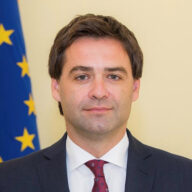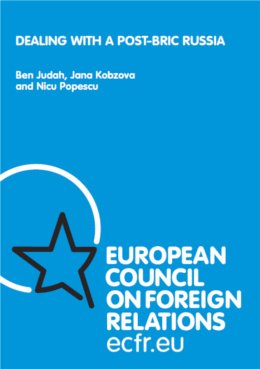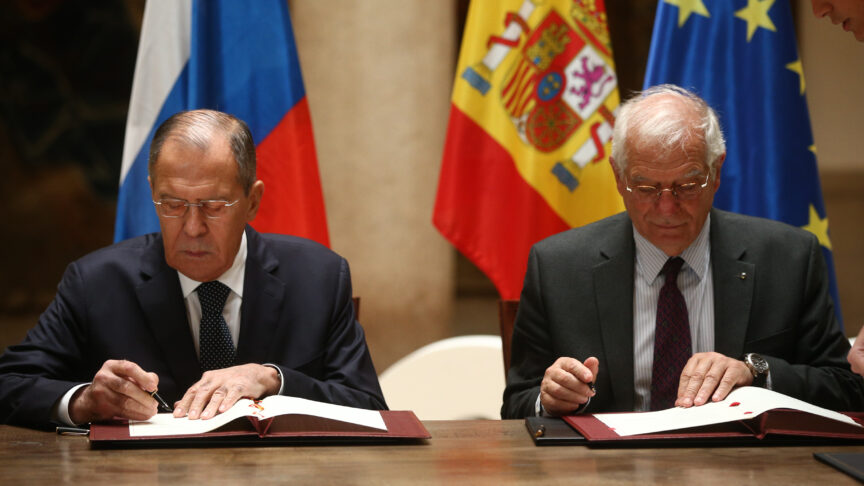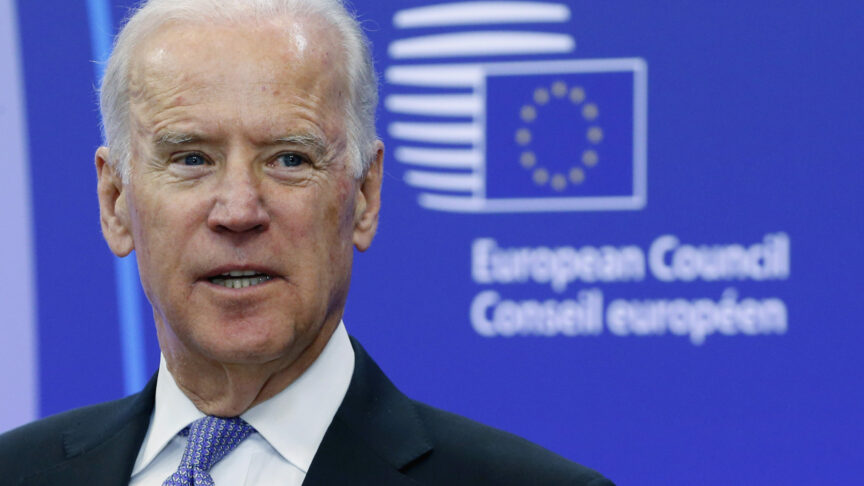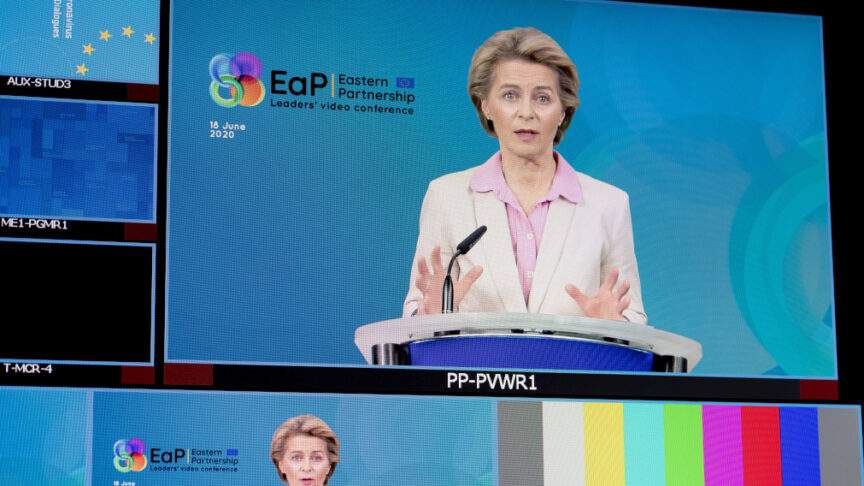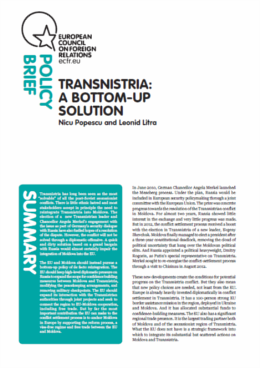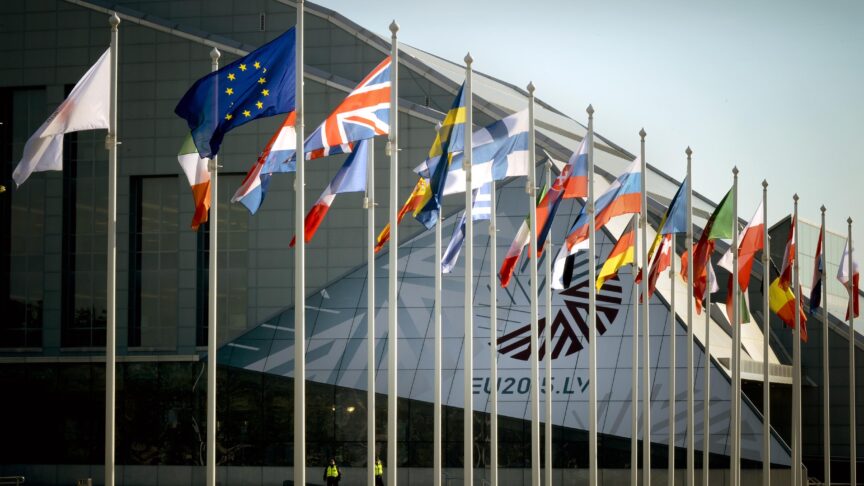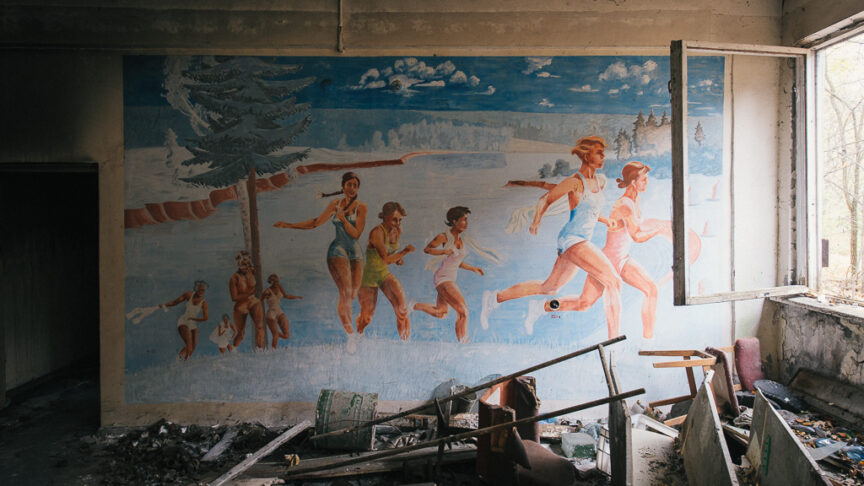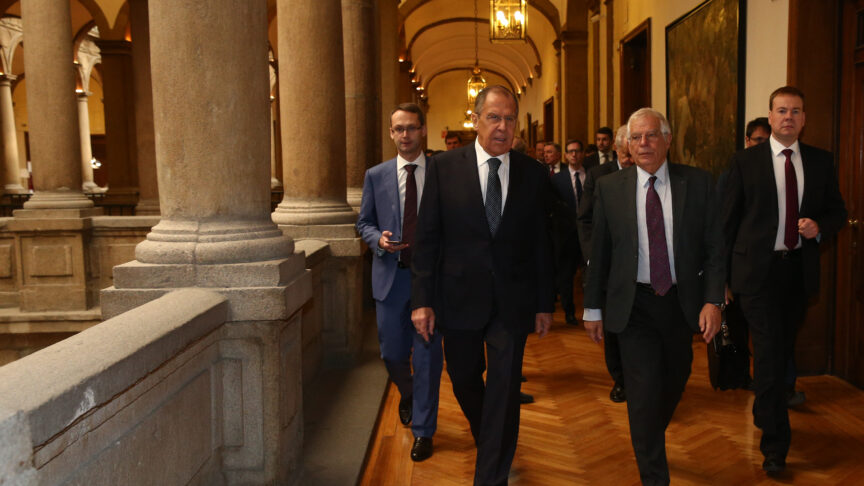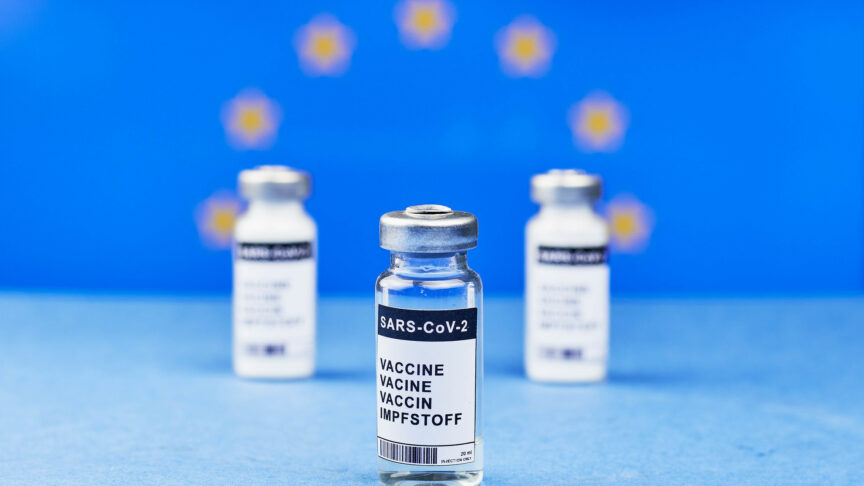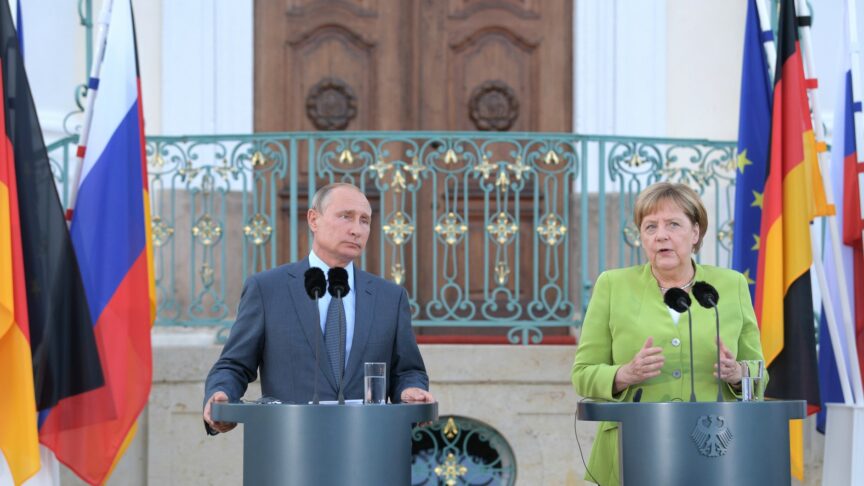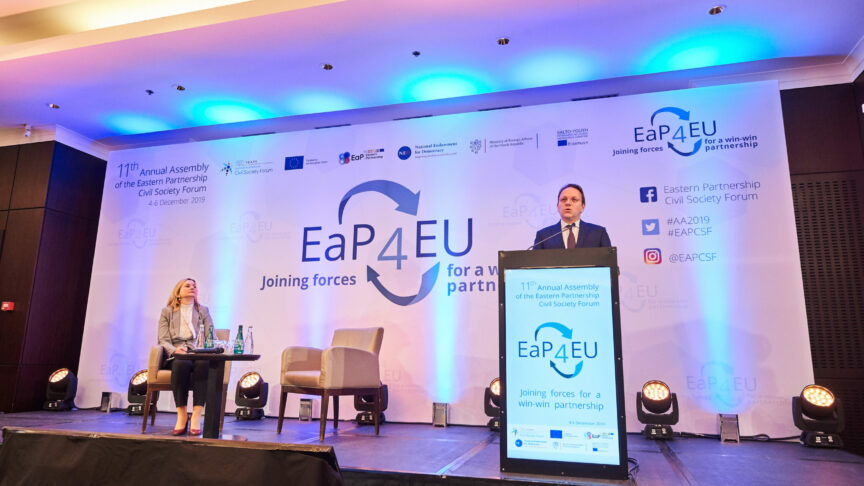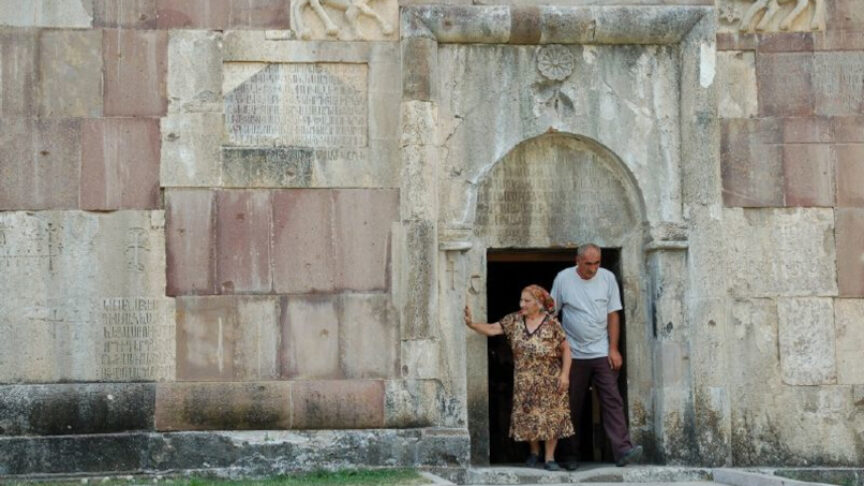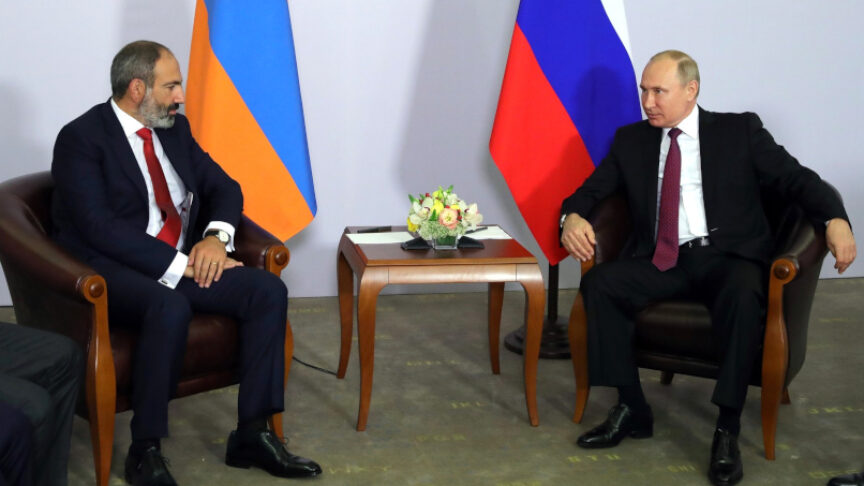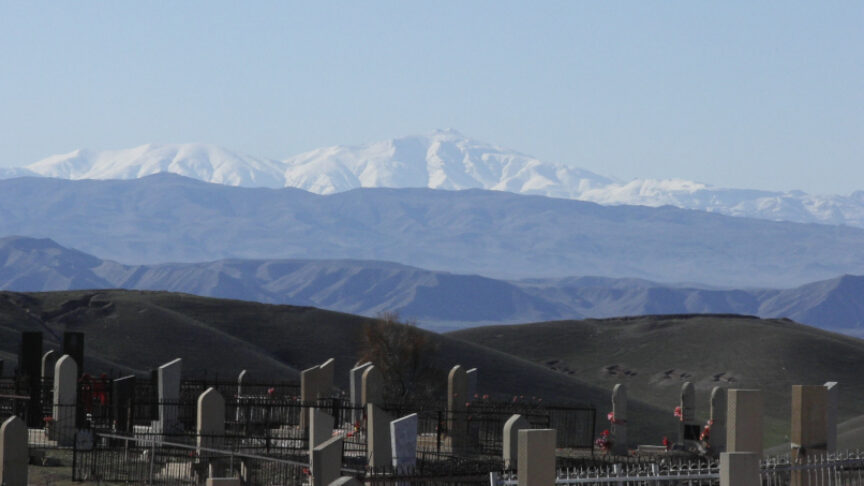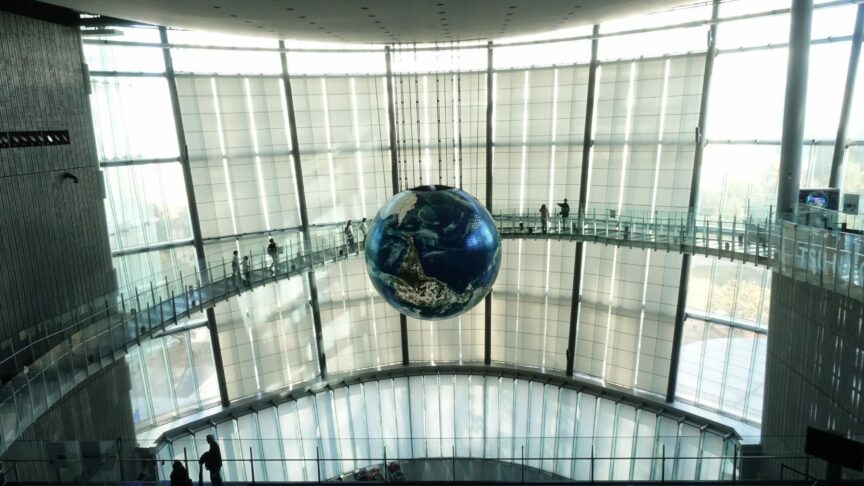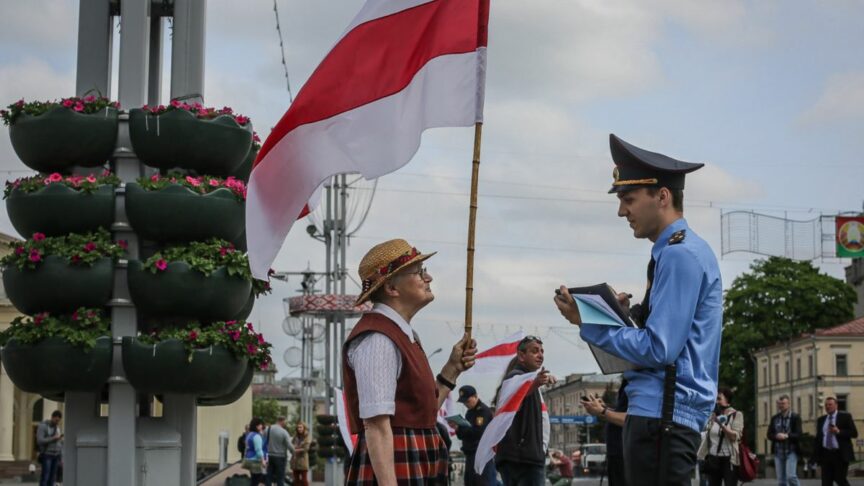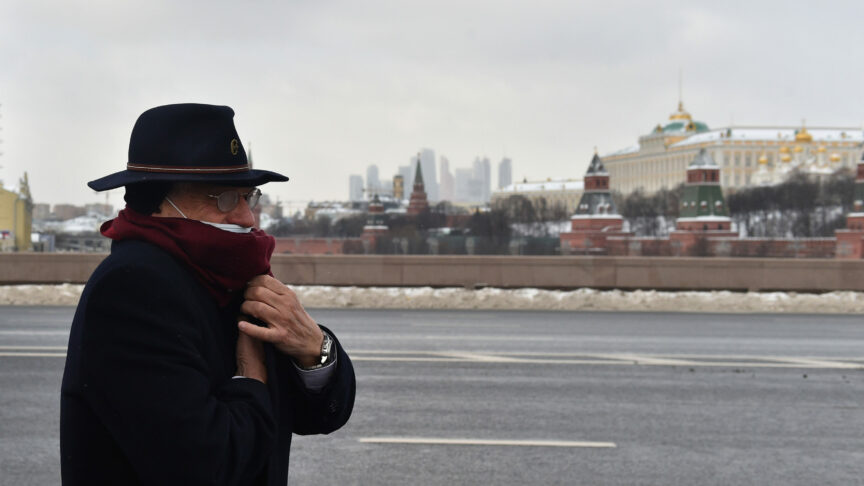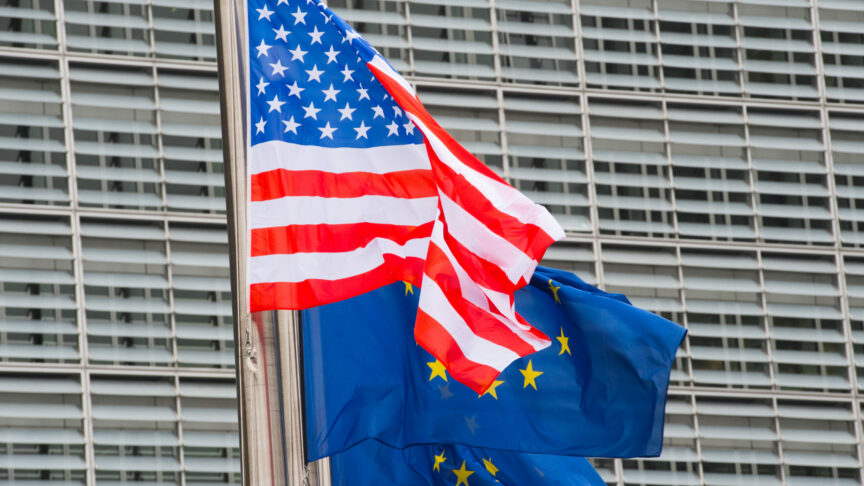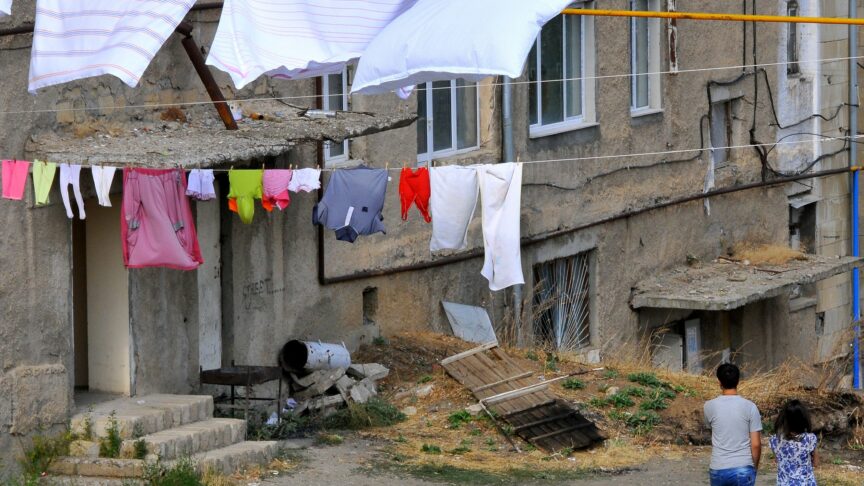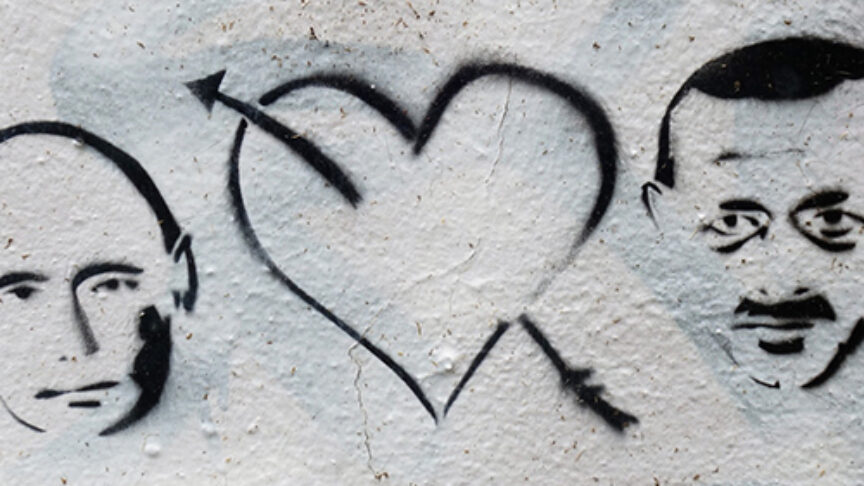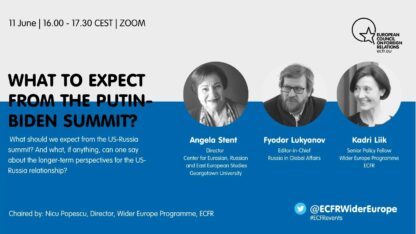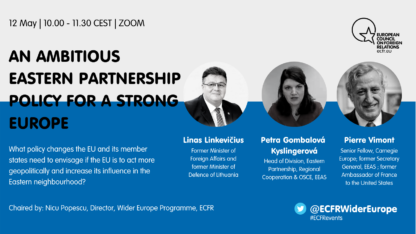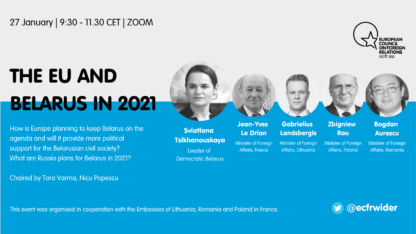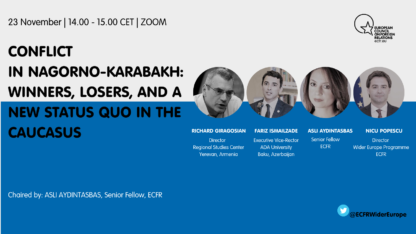Nicu Popescu was the director of the Wider Europe programme at the European Council on Foreign Relations, and he works from ECFR’s Paris office. His topics of focus include EU’s relations with Russia and the Eastern Partnership countries.
In 2019, Popescu served as Minister of Foreign Affairs and European Integration of Moldova. Previously, he worked as a senior analyst at the EU Institute for Security Studies (2013-2018); senior advisor on foreign policy to the prime minister of Moldova (2010, 2012-2013); senior research fellow at ECFR’s London office (2007-2009, 2011-2012), and as a research fellow at the Centre for European Policy Studies in Brussels (2005-2007).
Popescu teaches at Sciences-Po Paris. He holds a PhD in International Relations from the Central European University in Budapest, Hungary. He is author of the EU foreign policy and post-Soviet conflicts: stealth intervention (Routledge 2010), and co-editor of Russia Rising: Putin’s Foreign Policy in the Middle East and North Africa (with Dimitar Bechev and Stanislav Secrieru, I.B. Tauris 2021) and Democratization in EU Foreign Policy (with Benedetta Berti and Kristina Mikulova, Routledge 2015).

